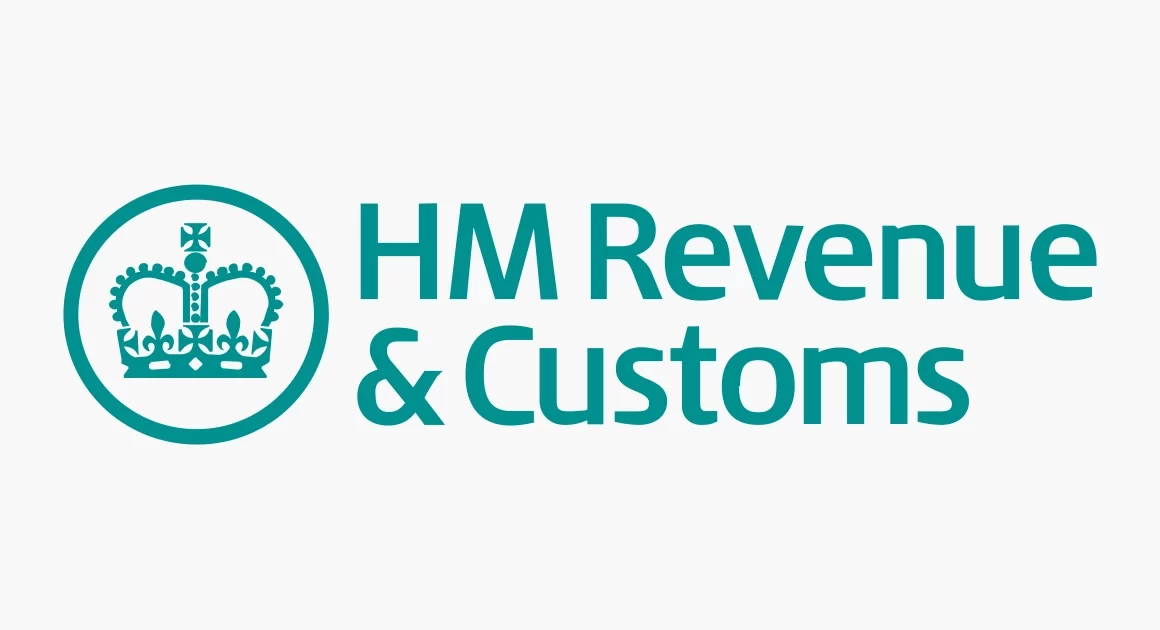The United Kingdom is a top destination for many people seeking better educational, career, or life opportunities. However, as demand for UK visas grows, so does the presence of scammers who prey on unsuspecting applicants. Understanding common UK visa scams and how to avoid them is crucial in protecting yourself from falling victim to fraudulent practices.
1. Fake Visa Agencies Offering Guaranteed Approvals
One of the most prevalent UK visa scams involves fake agencies claiming to have special connections within the UK Home Office or the ability to “guarantee” a successful visa application. These agencies typically charge high fees for services that either don’t exist or provide no real assistance.
How to Avoid:
- Always verify the legitimacy of any visa agency by checking their registration with relevant authorities, such as the Office of the Immigration Services Commissioner (OISC) in the UK.
- Avoid agencies that make unrealistic promises. The UK Home Office clearly states that no one can guarantee a visa approval.
2. Phishing Emails or Fake Websites
Phishing scams are common and involve fake emails or websites that impersonate UK government services. These emails often claim that you need to “verify” your personal details or pay additional fees to process your visa application. The scammer may ask for sensitive information such as passport details, bank account information, or payment for fraudulent services.
How to Avoid:
- Always double-check the email address to ensure it’s from an official UK government domain (ending in .gov.uk).
- Never click on suspicious links or download attachments from unsolicited emails.
- Instead, visit official UK visa application websites directly.
3. Overcharging for Visa Application Fees
Many scammers exploit applicants by charging them significantly higher fees than the official UK visa application process. These fake services often offer to handle your application for a “convenience fee” but do so at a much higher price than necessary.
How to Avoid:
- The UK government outlines official visa application fees on their website. Always compare the prices to what is being asked by any third party.
- Only use official government websites or trusted agencies to process your visa application.
4. Employment and Student Visa Scams
Another common scam involves fraudulent job offers or educational placements in the UK. Scammers may promise employment or student visas based on non-existent job placements or educational opportunities. Once an applicant has paid a fee, the scammer vanishes, leaving the applicant without the visa or any real opportunity.
How to Avoid:
- Ensure any job offer or university placement in the UK is legitimate. Verify the company’s or institution’s credentials by searching for them on the UK government’s official websites.
- Avoid paying for jobs or courses until you have confirmed their legitimacy through official channels.
5. Visa Extension Scams
Scammers may contact individuals who are already in the UK with claims that their visa extension is needed to avoid deportation. They may offer to process the visa extension for a hefty fee, but their service is a scam.
How to Avoid:
- Always handle your visa extension directly through the official UK Home Office website or through recognized immigration experts.
- Be cautious of unsolicited emails or phone calls claiming urgent action is needed.
6. False Claims of Expedited Processing
Certain scammers offer to expedite the processing of your visa for an additional fee, claiming that they have special “fast-track” access to UK immigration authorities. In reality, the UK government has a standardized process, and there is no way to speed it up outside of the official procedures.
How to Avoid:
- Ignore any claims of expedited processing, as these are often fraudulent.
- Stick to the official UK visa application timeline and procedures.
Conclusion
As the demand for UK visas continues to grow, it’s essential to be vigilant and aware of the scams targeting visa applicants. By verifying the legitimacy of agencies, being cautious of suspicious emails, and following official procedures, you can safeguard yourself against falling victim to these scams. Always remember: the UK government never asks for personal details or money via unsolicited messages, and no one can guarantee visa approval. When in doubt, always double-check with the UK Home Office or consult a recognized immigration professional.





